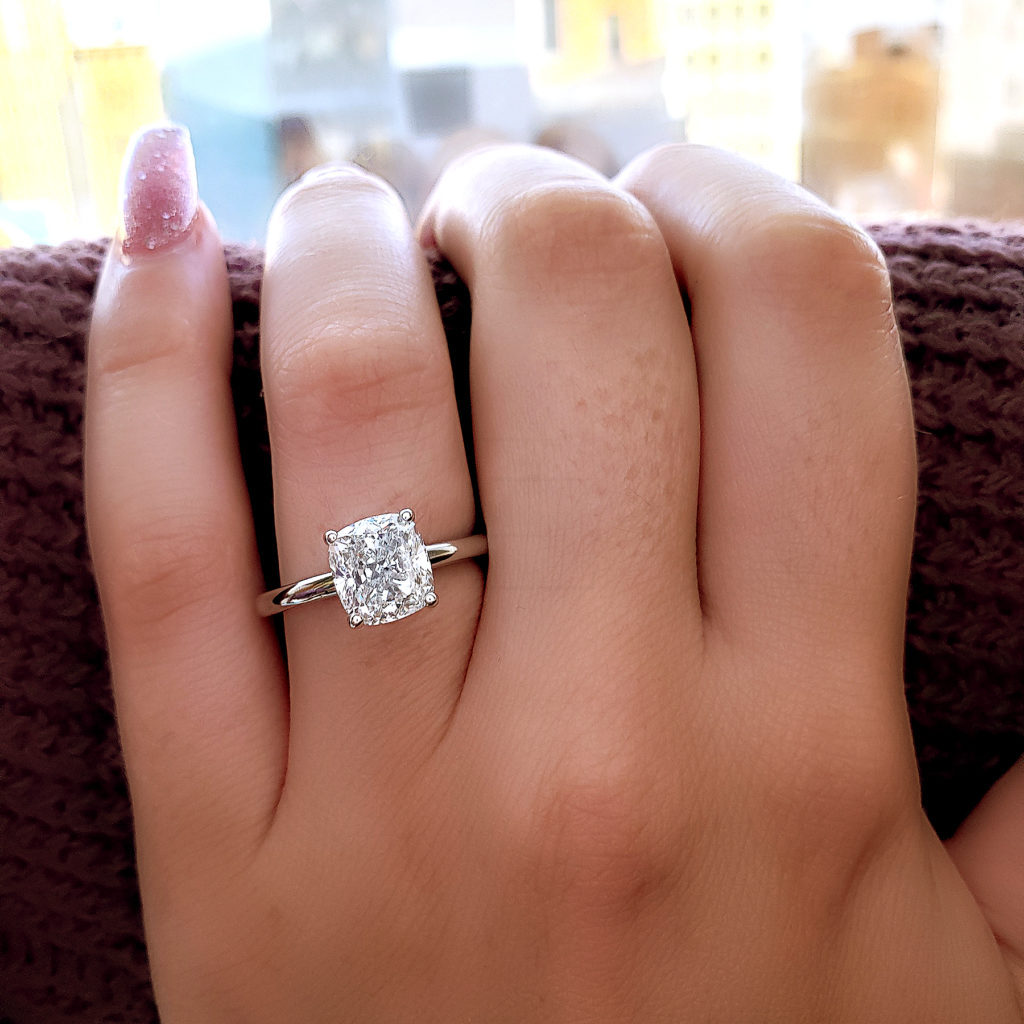In the realm of fine jewelry, the debate between lab-made diamonds and natural diamonds has garnered significant attention. This comparison delves into the intricate nuances of lab diamonds, their production process, environmental impact, and the traditional allure of natural diamonds. By unraveling the myths and realities surrounding these gemstones, we aim to provide a comprehensive guide for consumers navigating the diamond market.
What Are Lab Diamonds?
Lab diamonds, also known as synthetic or cultured diamonds, are created in controlled laboratory environments. They possess the same chemical composition, crystal structure, and optical properties as lab diamonds vs real diamonds, making them visually indistinguishable to the naked eye.
Production Process
The production of lab made diamonds involves advanced technologies such as High Pressure High Temperature (HPHT) and Chemical Vapor Deposition (CVD). These methods mimic the natural conditions under which diamonds are formed in the Earth’s crust, resulting in gem-quality diamonds that meet the highest standards of clarity and brilliance.
Environmental Impact
One of the key advantages of lab diamonds is their minimal environmental impact compared to traditional diamond mining. Lab-grown diamonds require significantly less energy and water, produce fewer carbon emissions, and do not contribute to deforestation or habitat destruction, making them a more sustainable choice for eco-conscious consumers.
Real Diamonds: Timeless Elegance or Ethical Concerns?
Natural Diamond Mining
Natural diamonds are formed deep within the Earth over millions of years through geological processes. While they exude a timeless elegance and prestige, the diamond mining industry has faced scrutiny regarding ethical concerns such as human rights violations, environmental degradation, and conflict diamonds sourced from conflict zones.
Rarity and Value
The rarity of natural diamonds contributes to their perceived value and exclusivity. However, advancements in lab diamond technology have narrowed the quality gap between natural and lab diamonds, offering consumers a wider range of options without compromising on brilliance or durability.
Choosing Between Lab Diamonds and Real Diamonds
Quality and Affordability
Lab diamonds often boast exceptional quality, with fewer inclusions and a consistent color grade. They are also more affordable than their natural counterparts, allowing consumers to acquire larger carat sizes or invest in custom-designed jewelry without breaking the bank.
Ethical Considerations
For conscientious buyers, the ethical considerations surrounding diamond sourcing play a crucial role in decision-making. Lab diamonds provide a transparent and ethical alternative, free from the ethical dilemmas associated with traditional diamond mining.
Personal Preference and Style
Ultimately, the choice between lab diamonds and real diamonds boils down to personal preference and style. While some may prefer the authenticity and symbolism of natural diamonds, others appreciate the innovation and sustainability of lab-grown diamonds, making it a matter of individual values and priorities.
Conclusion: Embracing Innovation and Sustainability
In conclusion, the debate between lab diamonds and real diamonds underscores the evolving landscape of the jewelry industry. Lab diamonds offer a blend of innovation, sustainability, and affordability, challenging traditional notions of luxury and exclusivity. Whether you seek a timeless heirloom or a modern masterpiece, both lab diamonds and real diamonds hold their unique allure in the world of fine jewelry.
